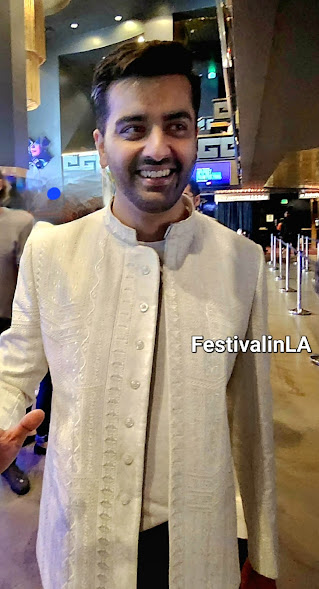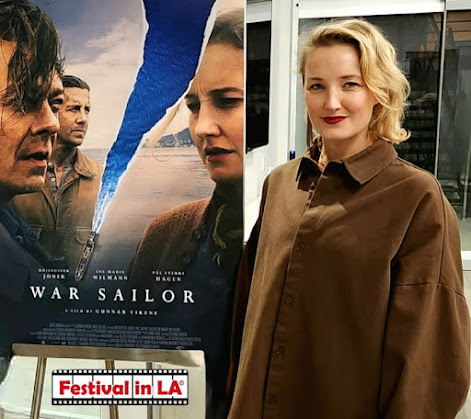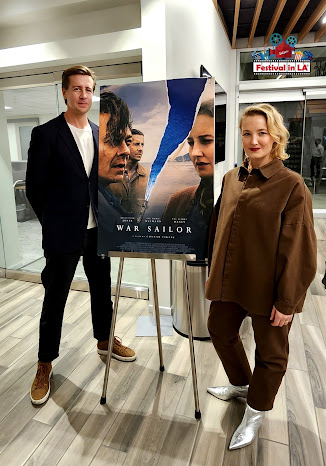By José Alberto Hermosillo

“Joyland” moves consciences on many levels as a poignant coming-of-age story and a reflection of a society that denies fundamental rights, such as inclusion, freedom of speech, and equal opportunities for all, including those who may think outside the box. In life, we tend to generalize and stereotype others when instead, we should analyze and assess each individual as an essential part of the community.
For Haider, his family is as important as the show’s success. He takes Biba’s safety personally and values his family’s well-being equally, but in reality, it is not easy to balance everything.
Mumtaz is emotionally unstable. She wants to be pregnant but questions her husband’s job due to his notorious absences.
Biba’s multidimensional character is neither sugar-coated nor does she pretend to be cute. She is an energetic, confident, and trustworthy trans woman who aspires to emigrate to Germany. Her honesty causes her to reject those who care for her, including Haider. Alina Khan’s performance is as good as Daniela Vega’s in the award-winning Chilean film “A Fantastic Woman.”
 |
| Saim Sadiq, "Joyland." Photo by José Alberto Hermosillo. Copyright © FestivalinLA |
Director Saim Sadiq crafted an honest and objective script that consistently maintains the “trans” theme and social conflict, creating a solid dramatic arc and an open ending.
Politically speaking, Saim understands the influence of the extreme right-wing in his country and acknowledges that his work will upset many. He mentioned that after screening his controversial film in Pakistan, he did not expect everyone to walk out of the movie theater and embrace him. However, his film encourages people to enjoy, reflect, and continue thinking.
The unexpected twists and turns of “Joyland” take us to places we have never been. The movie’s rich urban settings, colors, and textures, combined with powerful storytelling, enhance the cinematic experience and immerse viewers deeply in the story.
In “Joyland,” every character earnestly seeks acceptance, love, and respect while audiences witness the struggle, beauty, and diversity of Pakistani society and other communities around the world.
JOYLAND | OFFICIAL TRAILER
IF YOU ARE READING FROM A MOBILE DEVICE, CLICK: View web version FOR OTHER COOL FEATURES SUCH AS TRANSLATE POWERED BY GOOGLE, AN INTERACTIVE FILM FESTIVAL CALENDAR, AND MORE AWESOME ARTICLES.
Festival in LA ©2023



















